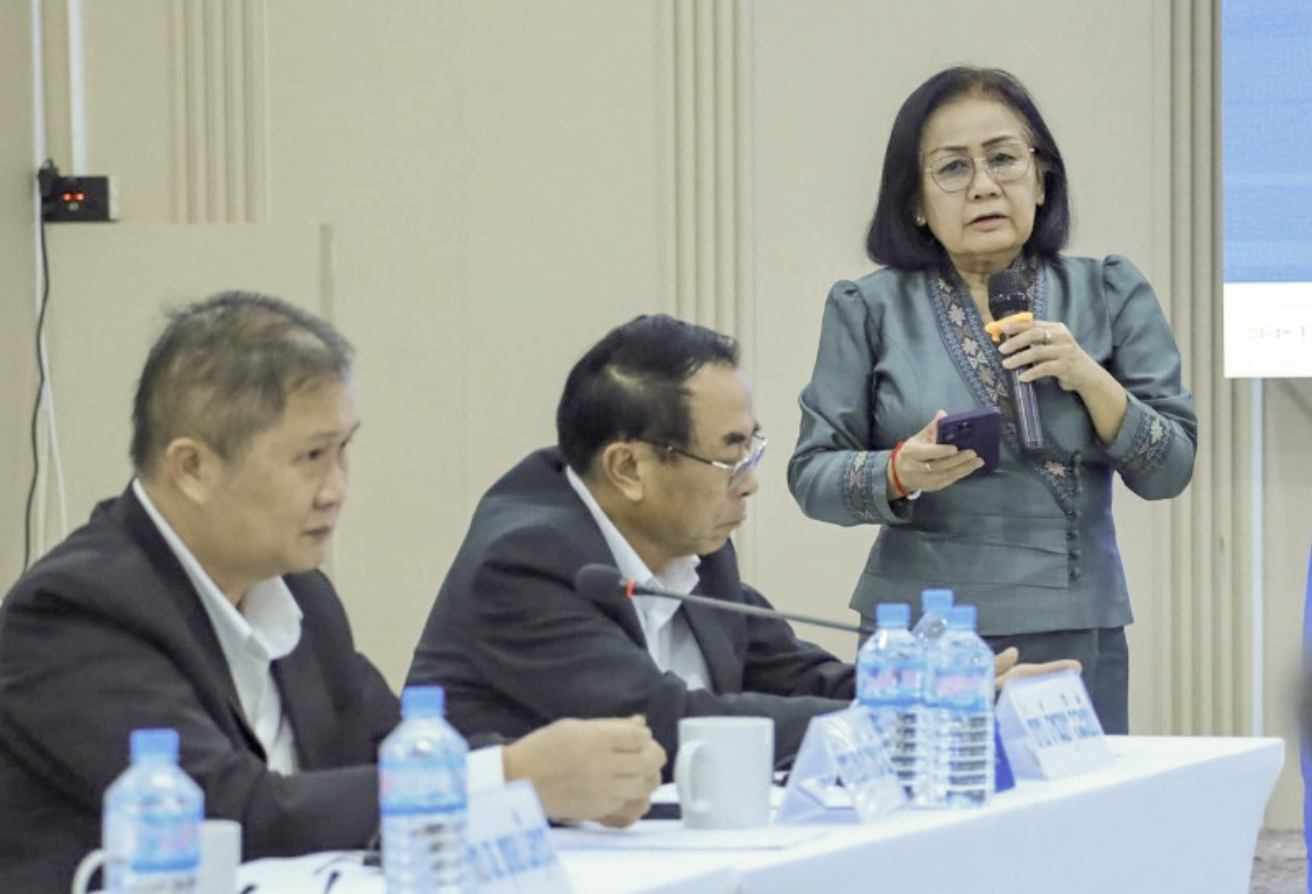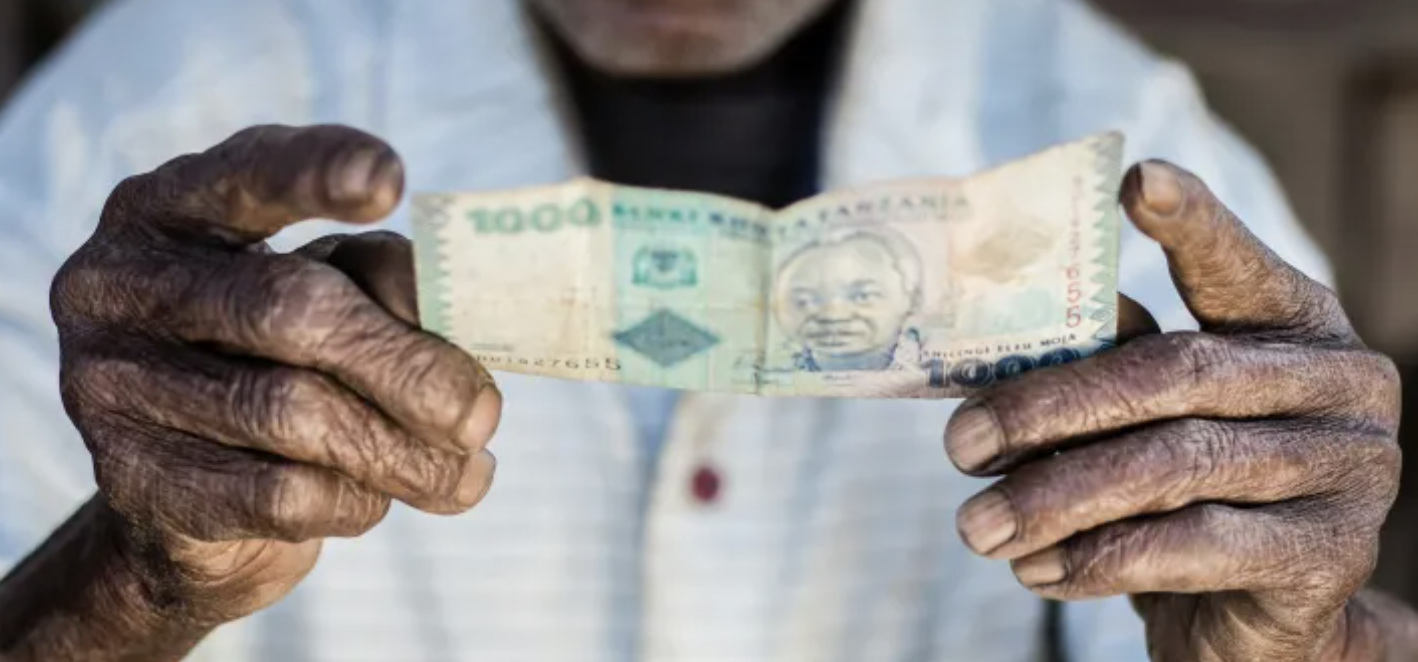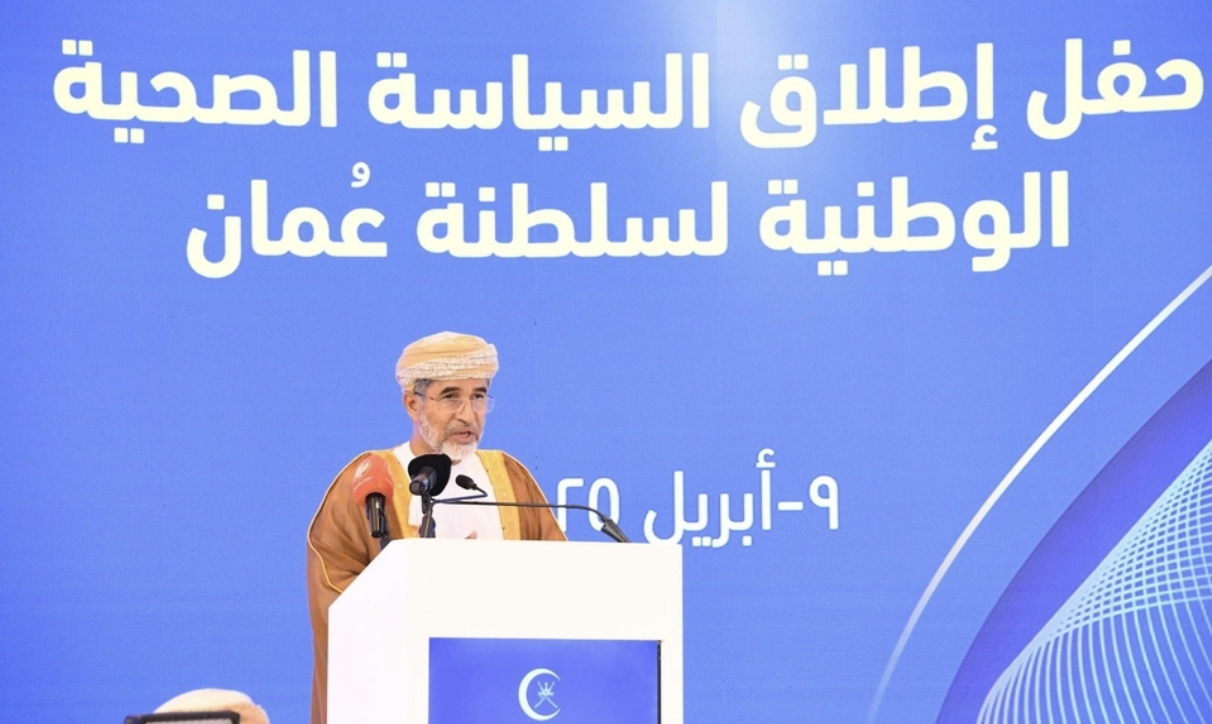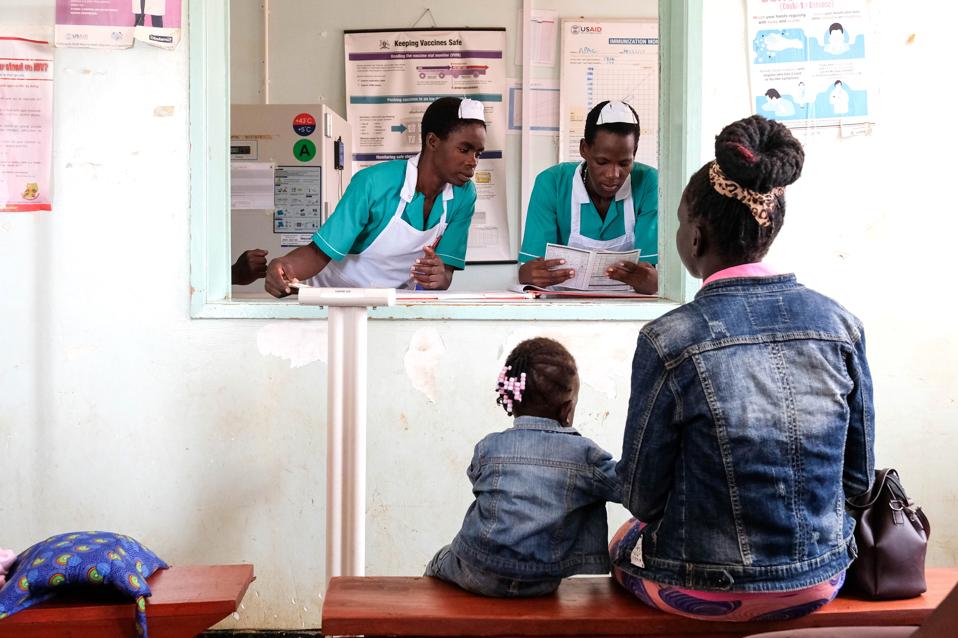This commentary, Time to Fully Account for Cost in Monitoring Financial Protection and Universal Health Coverage in Low- and Middle-Income Settings, published in Health Policy and Planning (18 November 2025) by Peter Binyaruka and Josephine Borghi, challenges current...
The nexus of adaptation and health finance
This adelphi briefing, The Nexus of Adaptation and Health Finance: Mapping Multilateral Climate Funds’ Investments and National Needs, examines how global adaptation finance is responding to rising health risks driven by climate change. Authored by Mathilde Wilkens...

National Assembly Advances Dialogue on Sustainable Health Financing in Laos
The National Assembly of Laos held a workshop on financing primary health care and immunization with the Ministry of Health and partners. Participants addressed funding gaps, urged stronger coordination and budget reforms, and supported domestic financing of at least...

Why Asia-Pacific should care about care
UNDP is advancing care economy reforms across Asia-Pacific, helping countries formalize and value unpaid care work. India pilots childcare models; Malaysia develops a national care framework; Bangladesh links climate resilience with women’s livelihoods; Nepal empowers...

Germany Debates Who Should Cover the Costs of Unhealthy Eating
Obesity is straining Germany’s health system, costing up to €90B yearly. With half of adults overweight, politics remain divided: conservatives trust markets, while Greens push sugar taxes and VAT reform. Experts say real change needs political courage, not just...
Health drain: the effect of internal migration on regional disparities in healthcare costs
Internal migration in the Netherlands from 1998 to 2018 altered regional healthcare cost disparities by concentrating younger, healthier individuals in prosperous provinces and older, sicker individuals in disadvantaged ones. Using a novel framework that adjusts for...
A “Diagonal” Approach to Integrating Nutrition into Health Systems: Opportunities, Challenges, and the Way Forward
This post was first published by the Center for Global Development on 19 November, 2024. Despite decades of global efforts, nutrition remains underprioritized, siloed, and poorly integrated within health systems and universal health coverage (UHC) efforts. This...
Niger’s Investment Case for Reproductive, Maternal, Newborn, Child and Adolescent Health and Nutrition 2022-2026
The Government of Niger and the Ministry of Public Health, Population and Social Affairs have developed their investment case for Reproductive, Maternal, Newborn, Child and Adolescent Health and Nutrition with the support of the Global Financing Facility. This...

Sustainable sanitation finance to achieve health for all
A shift toward local currency financing is helping underserved sanitation sectors access capital, manage risk, and scale impact. Nigeria offers a compelling case, but the model has global potential.As development finance adapts to new global challenges, a growing...

Health Ministry Launches Oman National Health Policy
Oman’s Ministry of Health has launched a new National Health Policy aligned with Oman Vision 2040, emphasizing a holistic, cross-sector approach to "Health for All, by All" by integrating health considerations across all government policies and prioritizing...

Tax reform in Africa could fill health funding gaps
As foreign aid dwindles, African nations are urged to improve tax systems to fund health needs. Experts stress the need for fairer, more transparent taxation to rebuild public trust. With foreign aid cuts deepening healthcare crises across Africa, experts and...
Implementation of Taxation on Sugar-Sweetened Beverages by the Government of Barbados
This 2016 policy brief produced by the Healthy Caribbean Coalition (with the support of the NCD Alliance) provides an overview of the approaches used by the Barbados Ministry of Finance in the adoption of sugar-sweetened beverage (SSB) taxation.
Smoke economics: lessons from tobacco ban for e-cigarette regulation in Bhutan
E-cigarettes and Vaping is a growing public health concern among adolescents in Bhutan. Despite a history of stringent tobacco regulations, the rise in vaping and related health issues indicates a need to update laws and impose higher taxes to discourage their use....
Public Health Financing in Latin America
The set of articles that make up this publication from the University of São Paulo (Brazil) aims to investigate the economic aspects of health service provision in six Latin American countries. The book, published in 2044, contains quantitative and qualitative...
World report on social determinants of health equity
The World Health Organization (WHO) has released its World Report on Social Determinants of Health Equity, shedding new light on the deep-rooted causes of health inequities across the globe. These inequities, often shaped by factors such as income inequality,...
